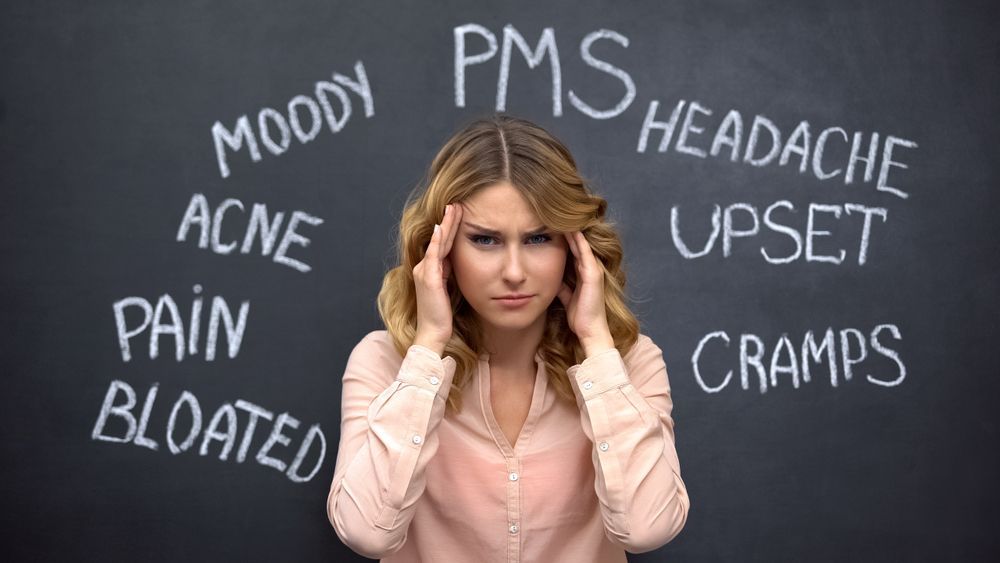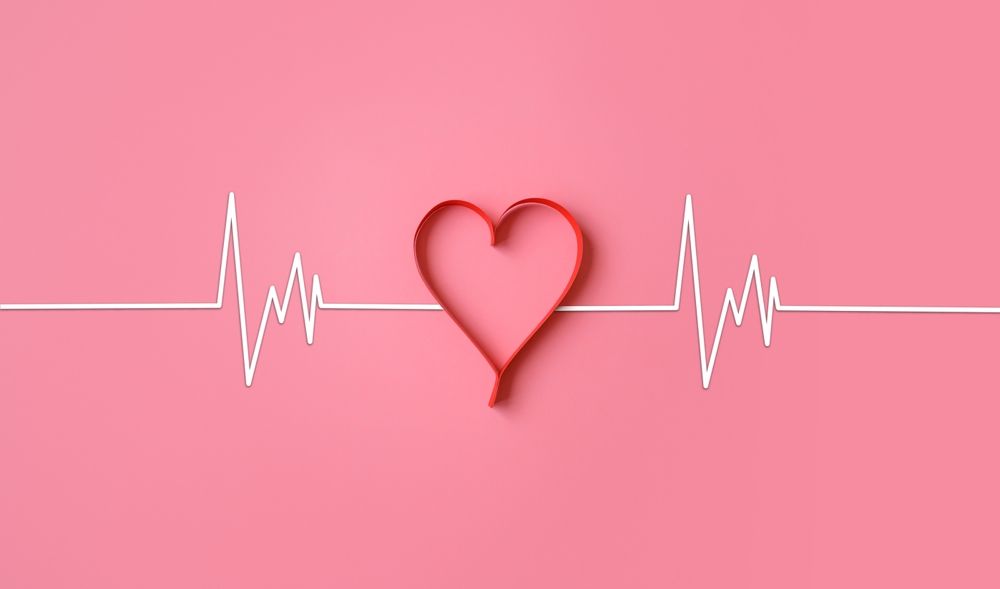Finding the Right Therapy in Las Vegas: A Guide to Mental Health Services
Mental health is a critical aspect of our overall well-being, yet it's often overlooked or ignored. It's essential to recognize that seeking therapy is an important step towards improved mental health and a better quality of life.

Understanding the Importance of Mental Health
Mental health affects every aspect of our lives, from our thoughts and emotions to our physical health and relationships. Neglecting mental health not only hinders our personal growth and development but also puts our relationships and careers at risk. It is important to prioritize our mental health just as we prioritize our physical health.
One way to prioritize our mental health is to practice self-care. Self-care activities can include exercise, meditation, spending time outdoors, and engaging in hobbies that bring joy and relaxation. By taking care of ourselves, we can better cope with stress and improve our overall well-being.
The impact of mental health on overall well-being
Mental health issues can lead to a host of physical and emotional problems, restricting one's daily activities. Poor mental health can cause difficulty concentrating, lack of energy, social withdrawal, irritability, and can even trigger physical symptoms such as headaches, stomach aches, and immune system problems. It is important to seek help if you are experiencing any of these symptoms, as they can greatly impact your quality of life.
Additionally, mental health can affect our relationships with others. When we are struggling with mental health issues, it can be difficult to communicate effectively and connect with others. Seeking help and treatment can improve our ability to communicate and maintain healthy relationships.
Recognizing the signs of mental health issues
People who experience problems with their mental health may feel sad, anxious, or have trouble coping with everyday tasks. Some common symptoms of mental illness include trouble sleeping or concentrating, withdrawal from activities previously enjoyed, and changes in mood or behavior. It is important to recognize these signs and seek help from a mental health professional if needed.
It is also important to remember that mental health issues can affect anyone, regardless of age, gender, or background. Seeking help and treatment is a sign of strength, not weakness.

Types of Therapy Available in Las Vegas
Once you've decided to seek professional help, you need to know what your options are concerning therapy. Here are a few different types of therapy available in Las Vegas which would work.
Individual therapy
This type of therapy involves working one-on-one with a licensed therapist. Individual therapy sessions provide a private and comfortable setting to discuss mental health concerns, feelings, and behaviors openly. It equips the patient with practical skills and coping mechanisms that improve emotional regulation and overall quality of life.
During individual therapy sessions, the therapist will work with the patient to identify and address specific issues that are affecting their mental health and wellbeing. This may include exploring past experiences, identifying negative thought patterns, and developing strategies to manage stress and anxiety.
Individual therapy can be particularly beneficial for people who are dealing with complex or long-standing mental health issues, as it allows for a more personalized and focused approach to treatment.
Group therapy
Group therapy typically comprises a group of people who have a similar issue. Patients interact with their peers and share their experience as they receive therapy from a licensed clinician. It allows people to learn and grow in a supportive environment, develop healthy coping mechanisms, and foster healthy social connections.
Group therapy can be particularly helpful for people who are struggling with social isolation or who feel like they are the only ones dealing with a specific issue. Being part of a group can help people feel less alone and more understood, which can be a powerful motivator for change.
Group therapy sessions may involve a range of activities, such as group discussions, role-playing exercises, and mindfulness practices. The therapist will work to create a safe and supportive environment where everyone feels comfortable sharing their experiences and working towards their goals.
Family therapy
This type of therapy involves members of a family, working together with a licensed therapist. It helps families tackle complex and sensitive issues that arise in family relationships, such as conflicts, challenges, and various types of non-communicable disorders. Family therapy helps improve communication, decision-making, and boundaries.
Family therapy can be particularly helpful for families who are dealing with issues such as divorce, addiction, or mental illness. By working together with a therapist, families can learn how to communicate more effectively, set healthy boundaries, and develop a deeper understanding of each other's needs and perspectives.
During family therapy sessions, the therapist will work with each family member to identify their specific needs and concerns. They will then work together to develop strategies and solutions that work for everyone.
Couples Therapy
Couples therapy is a form of talk therapy designed to enhance communication between partners in a relationship. It typically involves a series of one-on-one sessions with a licensed therapist, with each session focusing on a specific issue or challenge that needs addressing. Couples therapy can help resolve issues such as communication problems, emotional distance, or infidelity.
Couples therapy can be particularly helpful for couples who are struggling to connect with each other or who are dealing with issues that are affecting their relationship. By working together with a therapist, couples can learn how to communicate more effectively, build trust, and develop a deeper understanding of each other's needs and perspectives.
During couples therapy sessions, the therapist will work with each partner to identify their specific needs and concerns. They will then work together to develop strategies and solutions that work for both partners.

Online therapy options
Online therapy sessions have become increasingly prevalent in recent years, as more people opt for the convenience and comfort of teletherapy. Online therapy can be conducted through video conferencing or phone calls, allowing patients to receive support from the comfort of their own home or office.
Online therapy can be particularly helpful for people who live in remote areas, have mobility issues, or who have busy schedules that make it difficult to attend in-person therapy sessions. It can also be a good option for people who prefer the anonymity and privacy of online therapy.
During online therapy sessions, the therapist will work with the patient to identify their specific needs and concerns, and develop strategies and solutions that work for them. Online therapy can be just as effective as in-person therapy, and many people find it to be a convenient and accessible option for addressing their mental health needs.
Common Mental Health Issues Addressed in Therapy
Anxiety Disorders
Anxiety disorders are the most common mental disorders that people face. These disorders cause excessive worry or fear, interfering with the day-to-day activities of affected individuals. Examples of anxiety disorders include generalized anxiety disorder, panic disorder, and social anxiety disorder.
It is essential to note that anxiety disorders can manifest differently in different people. Some people may experience physical symptoms such as sweating, trembling, and a racing heartbeat, while others may experience cognitive symptoms such as racing thoughts and excessive worry.
Therapy for anxiety disorders typically involves cognitive-behavioral therapy (CBT), which helps individuals identify and change negative thought patterns and behaviors that contribute to their anxiety. In addition, relaxation techniques such as deep breathing, meditation, and mindfulness can also be helpful in managing anxiety symptoms.
Depression
Depression is a common but serious mental illness that affects a lot of people. It causes feelings of sadness, hopelessness, and emotional numbness, among other symptoms. Depression can be caused by a variety of factors, including genetics, environmental factors, and chemical imbalances in the brain.
Therapy for depression typically involves a combination of medication and psychotherapy. Antidepressant medications can help alleviate some of the symptoms of depression, while psychotherapy can help individuals identify and change negative thought patterns and behaviors that contribute to their depression.
Substance abuse and addiction
Substance abuse is a common disorder that affects millions of people in America. People with substance abuse issues consume addictive drugs or alcohol excessively, leading to a range of physical and mental health issues. Substance abuse can also lead to addiction, which is a chronic disease characterized by compulsive drug seeking and use despite the harmful consequences.
Treatment for substance abuse and addiction often involves detoxification, psychotherapy, and medication to help manage withdrawal symptoms. Therapy can help individuals identify and address the underlying issues that contribute to their substance abuse, such as trauma, depression, or anxiety.
Trauma and PTSD
Trauma and PTSD are widespread mental health issues. Trauma involves the experience of unexpected, severe, or life-threatening events, leading to emotional and psychological disturbance. PTSD is a mental health disorder that can develop after experiencing or witnessing a traumatic event. Symptoms of PTSD can include flashbacks, nightmares, and severe anxiety.
Therapy for trauma and PTSD aims to help individuals develop better coping mechanisms, build resilience, and recover from trauma. Treatment may involve exposure therapy, cognitive processing therapy, or eye movement desensitization and reprocessing (EMDR).
Eating disorders
Eating disorders are a group of behavioral disorders characterized by abnormal eating habits. These disorders include anorexia, bulimia, and binge-eating disorder. Eating disorders can have serious physical and mental health consequences, including malnutrition, heart problems, and depression.
Treatment for eating disorders typically involves a combination of psychotherapy, nutritional counseling, and medication. Therapy can help individuals develop healthy eating habits, improve their body image, and address emotional and mental health issues that contribute to their eating disorder.
Each individual's journey to finding the right therapist and therapy type in Las Vegas may be different. But when you take that pivotal first step, the reward of better mental health is worth the effort. Don't be afraid to reach out for help if you're struggling with any of these mental health issues.
GET IN TOUCH











